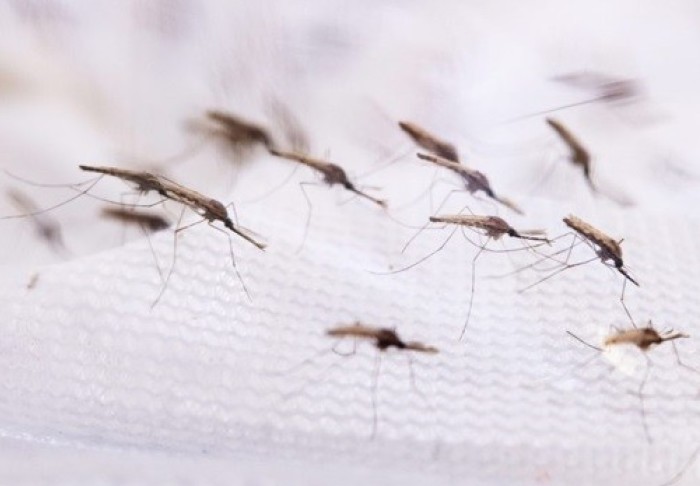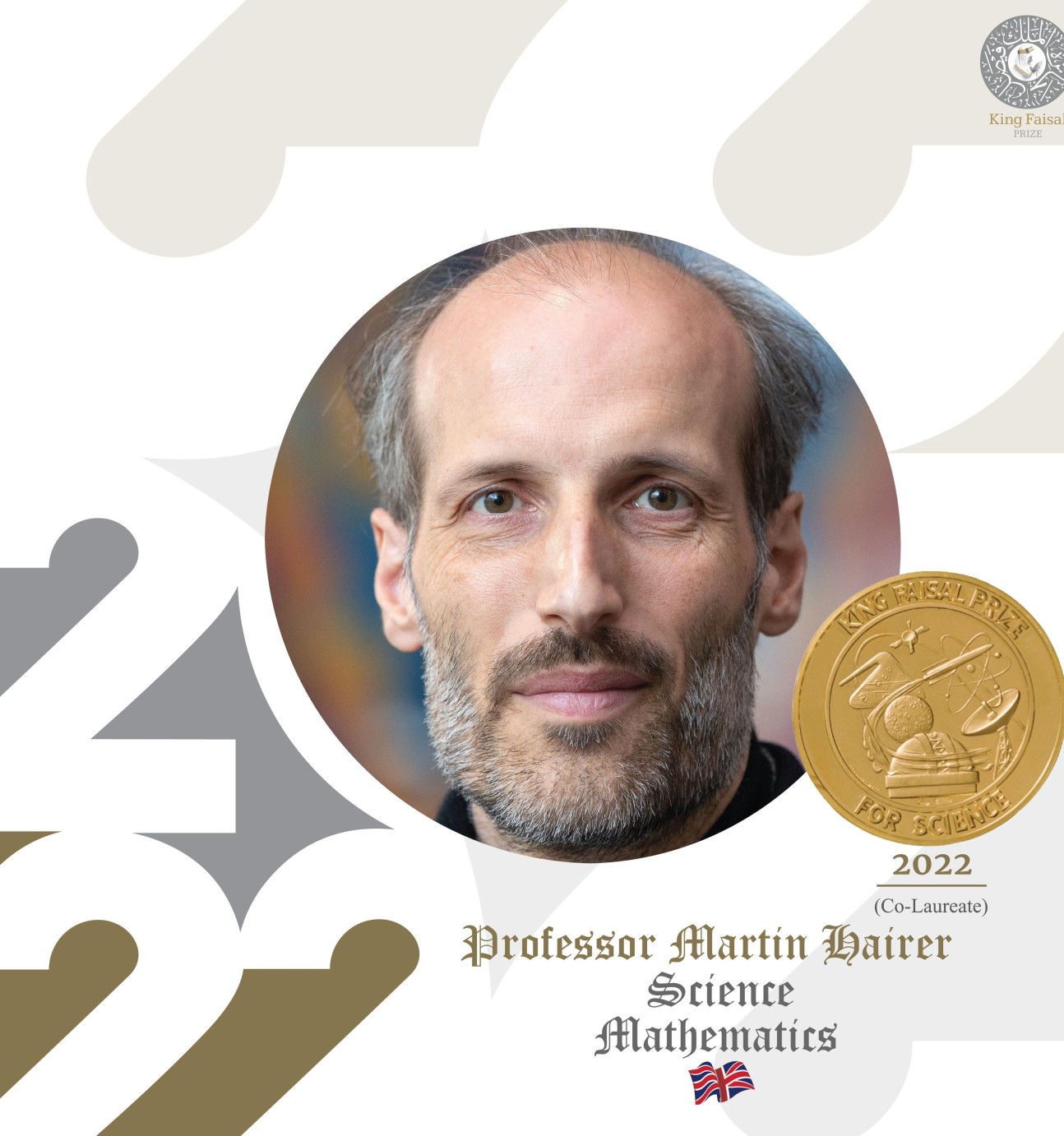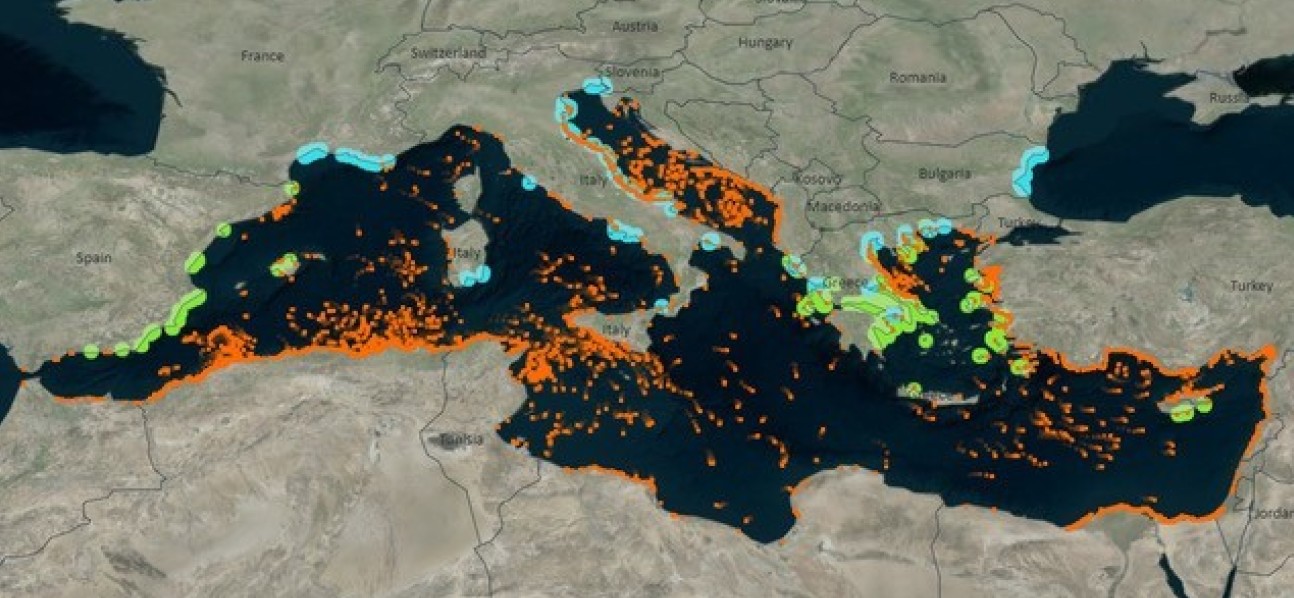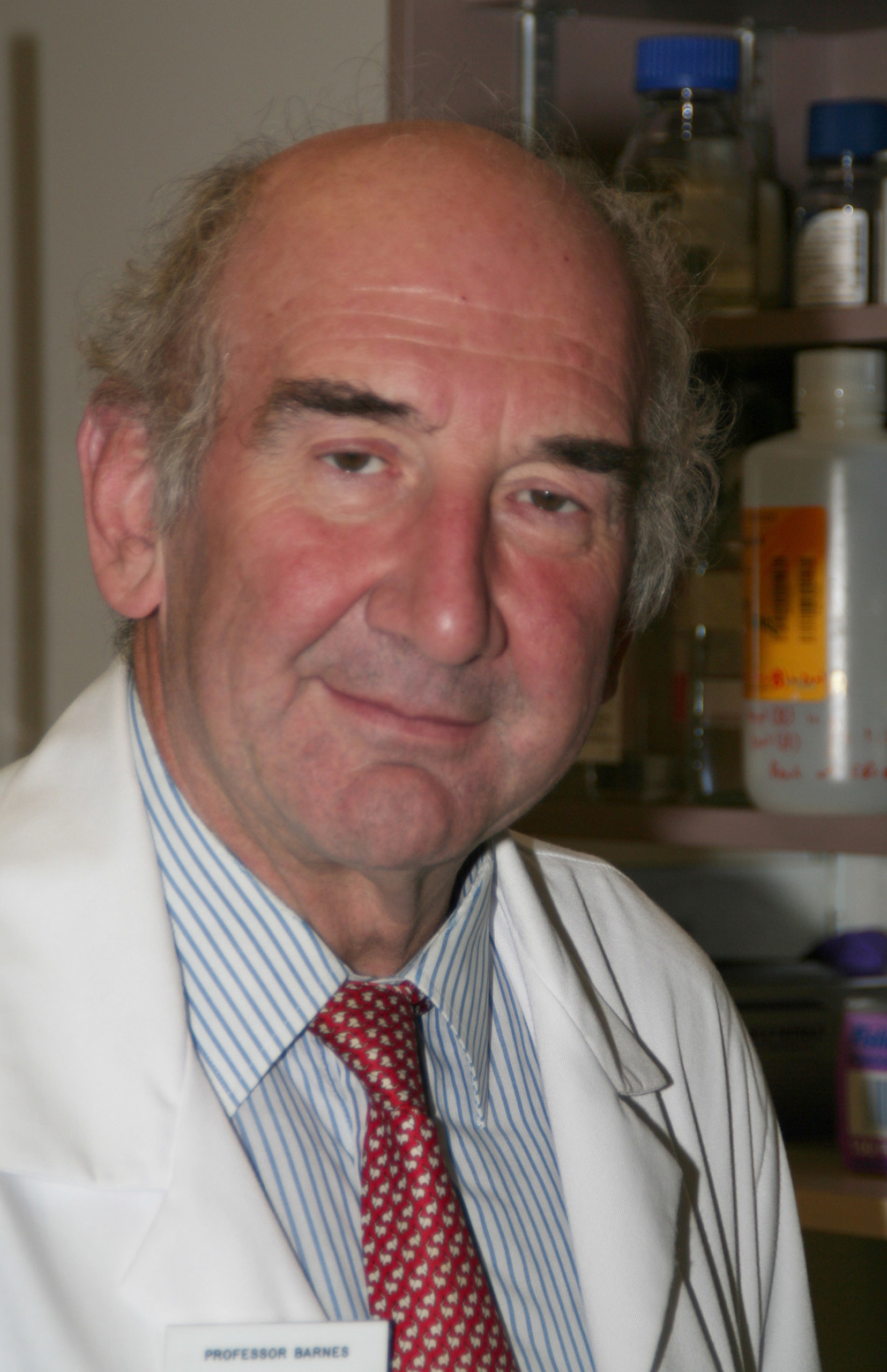Modified mosquitoes and ‘zombie’ cells: News from the College

Here’s a batch of fresh news and announcements from across Imperial.
From the release of genetically modified mosquitoes in Africa, to a possible explanation for why some patients develop severe lung disease from COVID-19, here is some quick-read news from across the College.
Modified mosquitoes
In 2019, the Target Malaria team conducted the first ever release of genetically modified mosquitoes in Africa in Western Burkina Faso. The small-scale release was an important step in the path to potentially releasing mosquitoes that have gene drive – a component that makes it more likely a genetic impairment will spread – with the aim of controlling local mosquito populations and reducing the burden of malaria.
The released mosquitoes carried a genetic impairment that causes male sterility, but not a gene drive, meaning it did not spread in the local mosquito population. In a paper published in Nature Communications, the team have reported the results of the release, showing that the modified males participated in swarming activities, which are important for breeding, but had lower survival rates than their wild counterparts.
The data gathered is providing invaluable insights that the team are already using in the next phases of their research.
Moth metamaterials
A research team from Imperial College London and the University of Bristol are studying moth wings to create new soundproof materials. The wings of certain moths have the amazing ability to absorb sound including those used by bats for hunting, making them much harder to detect.
This represents the first known acoustic metamaterial found in nature. The team aims to reveal how the underlying biomechanical processes of moth wings can be translated into prototypes of novel sound absorbent materials using imaging, modelling, lithography and fabrication.
The team are funded by the UKRI’s Physics of Life programme. Biological Metamaterials for Enhanced Noise Control Technology project is led by Professor Marc Holderied at the University of Bristol and Professor Richard Craster at Imperial College London.
Maths prize
 Professor Sir Martin Hairer KBE FRS, from Imperial's Department of Mathematics, has been awarded a 2022 King Faisal Prize in Science, as part of a series of awards inaugurated in 1979 to celebrate the outstanding work of individuals and institutions in five categories.
Professor Sir Martin Hairer KBE FRS, from Imperial's Department of Mathematics, has been awarded a 2022 King Faisal Prize in Science, as part of a series of awards inaugurated in 1979 to celebrate the outstanding work of individuals and institutions in five categories.
Recognised for his ground-breaking work in the area of stochastic differential equations, his recent development of the theory of regularity structures has been pivotal in allowing precise mathematical meanings to be given to a number of such equations that were previously outside the scope of mathematical analysis.
In addition to the King Faisal Prize, Professor Hairer has also recently been elected foreign member at the Chinese Academy of Sciences and foreign associate of the French Academy of Sciences.
Watch Professor Hairer give the 2020 Schrodinger lecture.
Ocean Hackathon winners
 An international team has won the Blue-Cloud Hackathon – a competition to use global ocean data and analytics from the Blue-Cloud platform to develop solutions for a safe, healthy, sustainable, and productive ocean.
An international team has won the Blue-Cloud Hackathon – a competition to use global ocean data and analytics from the Blue-Cloud platform to develop solutions for a safe, healthy, sustainable, and productive ocean.
The Particle Trackers, including Imperial Civil & Environmental Engineering PhD student Cleo Jongedijk, won the first prize and the people’s choice vote with their ‘Sea Clearly’ idea, which can help aquaculture providers, managers and end-users track pollutants such as microplastics in areas near aquaculture farms.
The team was awarded 25,000EUR funding and two dedicated coaching sessions to further develop, boost and promote the uptake of their solution.
Ms Jongedijk said: “The team is very excited about the opportunity we have been given to make an impact in feeding the world in a safe way. With Sea Clearly, we will provide aquaculture professionals with scientifically backed data, but also reach out to the public with an accessible tool to trace seafood.”
Read more on the Blue-Cloud website.
‘Zombie’ cells COVID risk

“Zombie” cells accumulating in the lungs may explain why patients with COVID-19 develop severe lung disease and organ failure. They may also explain why symptoms persist in long COVID.
In a study published recently in the European Respiratory Journal, an international team including Professor Peter Barnes and Dr Koralia Paschalaki from the National Heart & Lung Institute and Vassilis Gorgoulis’ team from University of Athens, looked at lung tissue from patients who died with COVID-19.
They found that when certain lung cells with regenerative abilities called AT2 cells (alveolar type II cells) are infected with SARS-CoV-2, they become senescent, a state where the cells stop replicating and persist in the lung - sometimes described as “zombie” cells. These cells release many inflammatory mediators, resulting in persistent inflammation.
The team found that in severe COVID-19, senescent cells cause greater inflammation in the surrounding tissues. This process, say the researchers, could be a key driver in the pathology seen in severe disease, including multiple organ failure.
Read more about the study in the European Respiratory Journal.
Want to be kept up to date on news at Imperial? Sign up for our free quick-read daily e-newsletter, Imperial Today.
Article text (excluding photos or graphics) © Imperial College London.
Photos and graphics subject to third party copyright used with permission or © Imperial College London.
Reporter
Claudia Cannon
The Grantham Institute for Climate Change
Hayley Dunning
Communications Division
Ryan O'Hare
Communications Division
Conrad Duncan
Communications Division
